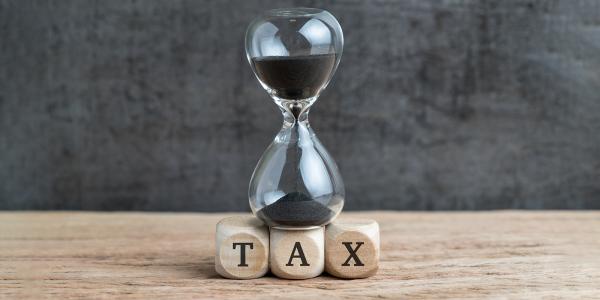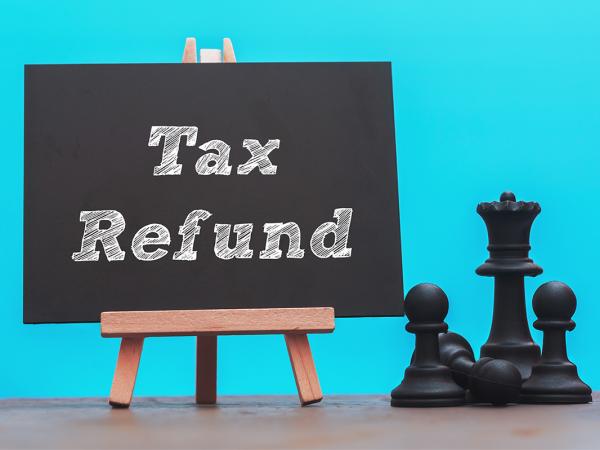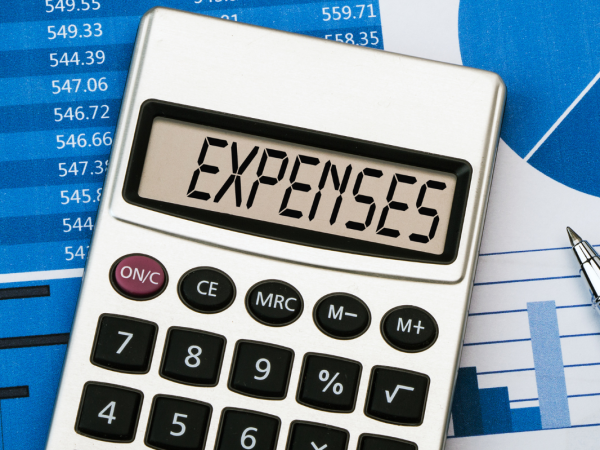Time is running out to claim 2019/20 tax refunds
In some situations, you need to actively claim a tax refund if one is due to you. These include refunds that relate to claims for the marriage allowance, tax relief on job-related expenses, and payment protection insurance (PPI) pay-outs where too much tax has been withheld at source. For refunds relating to the 2019/20 tax year, act now! You need to make your claim by 5 April 2024.

How long do I have to claim tax refunds?
The general rule is that a tax refund cannot be claimed more than four years after the end of the relevant tax year.
This means that if you are claiming a refund for the 2019/20 tax year, which ended on 5 April 2020, you must make your claim by 5 April 2024.
Note that ‘by 5 April’ means HMRC need to receive your claim form by 5 April. Make sure you keep proof of your claim being made on time!
- Online claims
-
Many claims can be submitted online. Save a copy of the submitted form and keep a note of any receipt HMRC’s system gives you.
- Paper claims
-
If you are posting a paper claim form, make sure you send it in good time to reach HMRC by 5 April. You might wish to ask the Post Office for proof of postage and keep this in case HMRC say they haven’t received your form.
When might I be due a tax refund?
It depends on the type of income you had in the tax year concerned and your wider circumstances. We have lots of information in our tax refunds section, including the following which are typical situations when you might need to actively claim a refund:
What if I miss the 5 April 2024 deadline?
Generally, HMRC will not accept a tax refund claim for years that are ‘closed’ to claims – that is, where more than four years have passed since the end of the tax year concerned.
However, there is a rule known as Extra-statutory Concession B41 which can allow HMRC to repay tax for those earlier years in very limited circumstances.
This concession only applies in situations where HMRC or another government department, such as the Department for Work and Pensions, have made an error in your tax affairs and where there is no doubt about the facts of the case.
In our experience, it is rare for HMRC to grant this concession, so you will need to set out clear evidence as to what the error was which resulted in you paying too much tax.
We have produced an example letter that you can use to write to HMRC regarding a B41 repayment.
Is there anything else I should know?
You may find the following hints and tips useful:
- If you are claiming job-related expenses, read our recent article: Tips to follow when submitting a P87 tax refund form.
- Tax refunds on PPI interest income are subject to a new evidence requirement, as explained in our recent article.
- Once you have put your claim in, we cover how long it takes to get a tax refund from HMRC in our guidance. HMRC’s ‘where’s my reply’ tool is currently indicating a three week turnaround period for a P87 claim (made either online or by post).
- There are plenty of organisations which offer to make the tax refund claims for you, but they will usually take a fee from any repayment you get. It is important to read carefully what you are signing up to. Our page of guidance on tax refund companies tells you more.
And finally… watch out for scams!
As the tax year end approaches, there may be an increase in fraudulent activity – emails, text messages or other contacts from people you aren’t expecting. These might claim to be from HMRC and offer you a refund. Treat any such contact with extreme caution. We provide more information on our tax refunds page and on our Protecting yourself online page.



